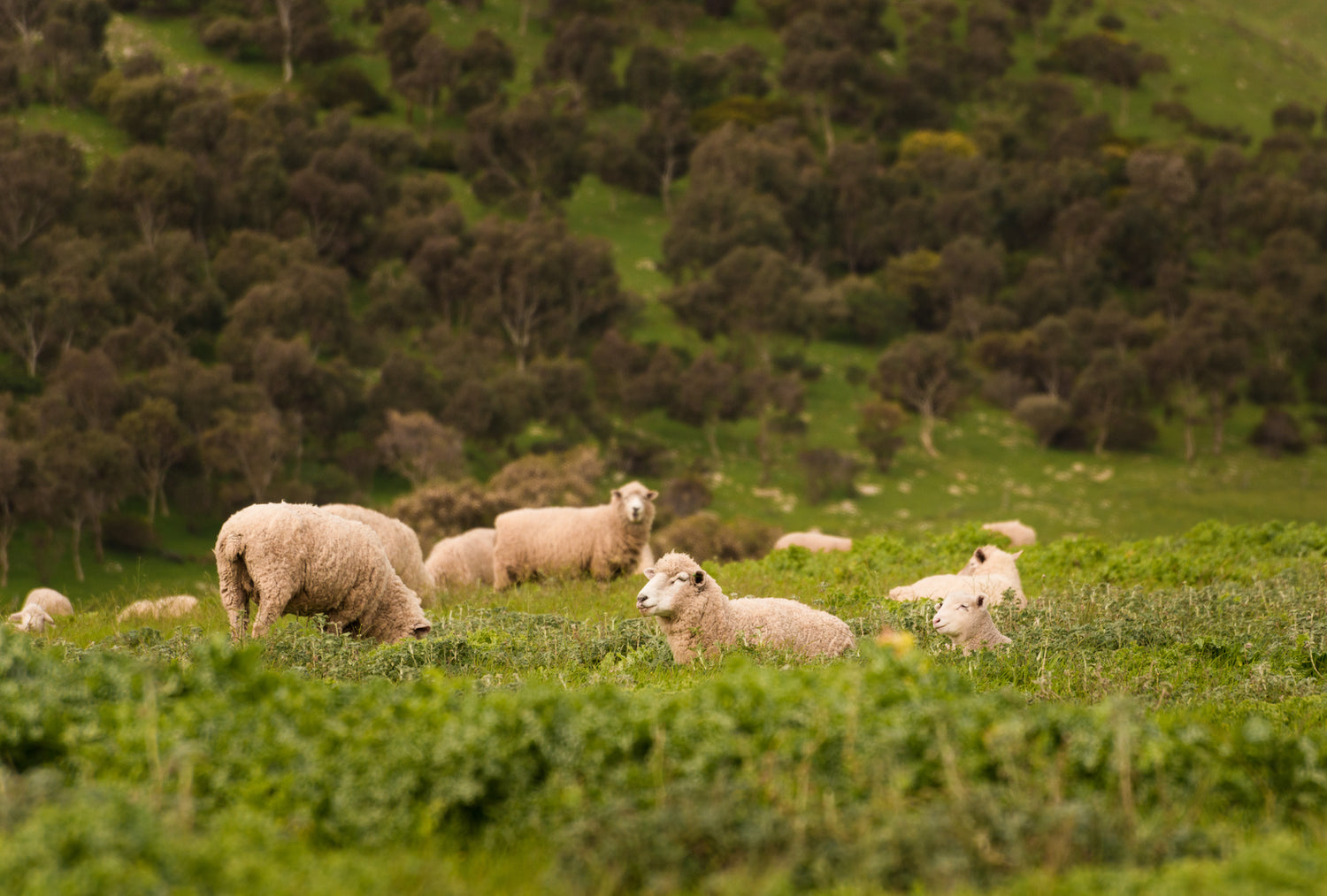Why does it matter where and how your cycling gear is made? Why does it matter where clothing makers source our raw fabrics? Why should we all care? Because as consumers, manufacturers, and an overall cycling community, our choices have the power to do good, to make things better, near and far.
The Responsible Wool Standard certification recognizes products made using best practices to ensure that raw materials and fabrics come from farms with a progressive approach to treating their land, animals, and workers.
Gear made from wool carrying the RWS label ensures ethically grown, sourced, and produced textile from farm to fiber.
All Voler’s in-house produced wool gear–Merino Jerseys, Merino Base Layers, and Merino Gaiters–are sourced from an Australian mill that is RWS certified. Less than 1% of all the wool used worldwide meets these strict standards.
Besides ensuring a high-quality raw fabric, the certification provides a trackable and certifiable guarantee that a product is made in a responsible and ethical way.
The RWS was established by the Textile Exchange, a global non-profit driving positive action on climate change across the fashion and textile industry. To be RWS certified, the wool is tracked from farm to fiber, meeting or surpassing standards along the way.
These standards were developed comprehensively with stakeholders from the farming, textile, animal welfare, land management, and retail industries. The result is a better, more accountable process throughout the supply chain.
Animals must be treated ethically, and wool may not come from sheep who have been subjected to unnecessary harm or harsh harvest practices like mulesing.
Animals must come from farms that use progressive methods of land management that prioritize the protection of soil health, biodiversity, and native species. Workers in the RWS supply chain must have safe working conditions and be treated in a socially responsible, dignified manner.
Voler chooses RWS-certified wool because the vendors we work with, and the processes that we participate in, have a tangible impact. Just like we keep our manufacturing in the US for the benefit of our workers, products, and community, we opt for responsibly sourced and milled fabrics, because how we do business can positively affect the world around us, near and far.



